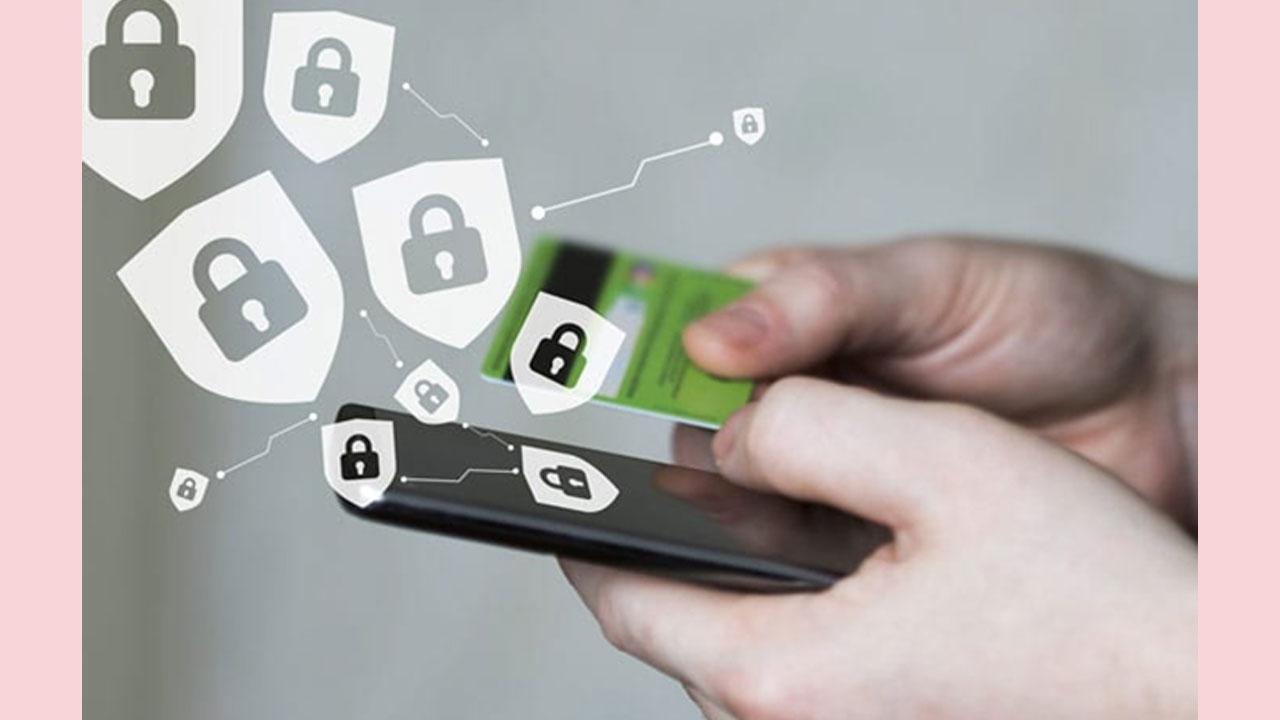Credit card fraud happens when a third-party gains access to your credit card information and uses it to make purchases or steal funds.

Credit Card Fraud
Credit card fraud happens when you least expect it. But with the right knowledge, you can stay one step ahead and keep your finances safe and secure. You must always be ready to outsmart the fraudsters and protect your hard-earned money. This guide will help you uncover the tactics to save yourself from credit fraud, learn preventive measures, and how to identify and report suspicious activities.
ADVERTISEMENT
Understanding Credit Card Fraud
Credit card fraud happens when a third-party gains access to your credit card information and uses it to make purchases or steal funds. If you are a victim of credit card fraud, you should notify your bank immediately. It is a form of identity theft, as your personal information is stolen through various malicious activities.
Types of credit card frauds
Skimming: Fraudsters illegally install devices on ATMs, point-of-sale (POS) terminals, or fuel pumps that capture data or record cards' magnetic strips. They use the data in those chips to create fake debit or credit cards and steal from victims' accounts.
Phishing: It is a type of cyber-attack that involves sending fraudulent communications that appear to come from a legitimate source, such as email or text messaging. The sender asks you to enter sensitive information, including credit card details, in the name of attractive offers or service updates.
Account takeover fraud: A fraudster hacks your credit card login information and uses your account for various financial activities, such as taking out fraudulent loans or applying for new credit cards.
Consequences of credit card fraud
While individual victims can retrieve their stolen funds through refunds and chargebacks, retailers who receive fraudulent purchases are sometimes left hanging.
Credit card fraudsters are challenging to track, and even when they are, they often lack the means to repay the fees incurred. As a result, credit card theft hurts retailers more than individual victims.
Identifying Credit Card Scams
Here is how you can identify the credit card scams:
- Monitor your bank statements and mobile texts: Regularly monitor your bank statements and mobile texts. If you notice any suspicious transaction in your bank statement, immediately report it to the bank and deactivate your credit card. Never click on random links sent on your mobile phones. Always double-check the sender's information before taking any action.
- Review your bills and invoices: When you receive your billing statement, check all the credit card bill payments and invoices. Cross-check all the transactions made, and if you notice any discrepancy, immediately contact the bank for error and update your credit card details.
- Monitor your credit ratings: Your credit ratings will change if someone uses your credit card. Your credit card has a limit, and if you consistently use your card for transactions, the ratings will significantly fall. Make sure to check your credit ratings regularly.
- Look for unusual or spammy email accounts: Most emails come from spam accounts, which can be found in the spam section of your email. Never click on the links or pictures in those emails. The email has an advanced safety protocol to filter authentic and spam emails.
- Look for multiple attempts to incorrectly enter the card number: Fraudsters will attempt to use your credit card by entering the credit card number and code. If the bank detects suspicious activities, you will automatically receive a notification.
Prevention Techniques
Here are some preventive measures to avoid credit card fraud:
- Secure your login information: You must always secure your login information. Save your login ID and passwords in a safe place. Never share the information with anyone – over call or in person. Set a unique passcode of your login IDs to prevent scams.
- Do not rush when making payments: When making payments online, make sure to check who you are making payments to. No legal website asks for a CVV number or other personal information. Shop from authentic websites and carefully enter your credit card details.
- Set a transfer limit: A primary reason for setting a transfer limit is to reduce the potential loss in the event of unauthorised access or fraud. Lower limits mean that even if someone gains unauthorised access to your account, they can only transfer a limited amount of money.
- Avoid tempting offers: Offers that seem too good to be true might be scams. Scammers use attractive offers to lure people into providing personal information or sending money. Look up the product, service, or company offering the deal. Read reviews and check ratings to see if others have had positive experiences.
- Report lost cards immediately: You must immediately notify the bank if your credit card has been lost. The banks will freeze your accounts and deactivate your card to prevent it from financial loss and avoid potential scams.
Conclusion
Staying ahead of the fraudsters and protecting yourself from credit card fraud is important. If you are considering apply for credit card, choose a reputable bank like Kotak Mahindra Bank that offers high security and insurance coverage in the event of theft or loss. Educate yourself and your loved ones to get rid of the scammers. There are various mediums through which the fraudsters can attack you. However, if you recognise the pattern, you can avoid a substantial financial loss. Report the crime to the bank and cyber cell immediately in such situations.
 Subscribe today by clicking the link and stay updated with the latest news!" Click here!
Subscribe today by clicking the link and stay updated with the latest news!" Click here!







